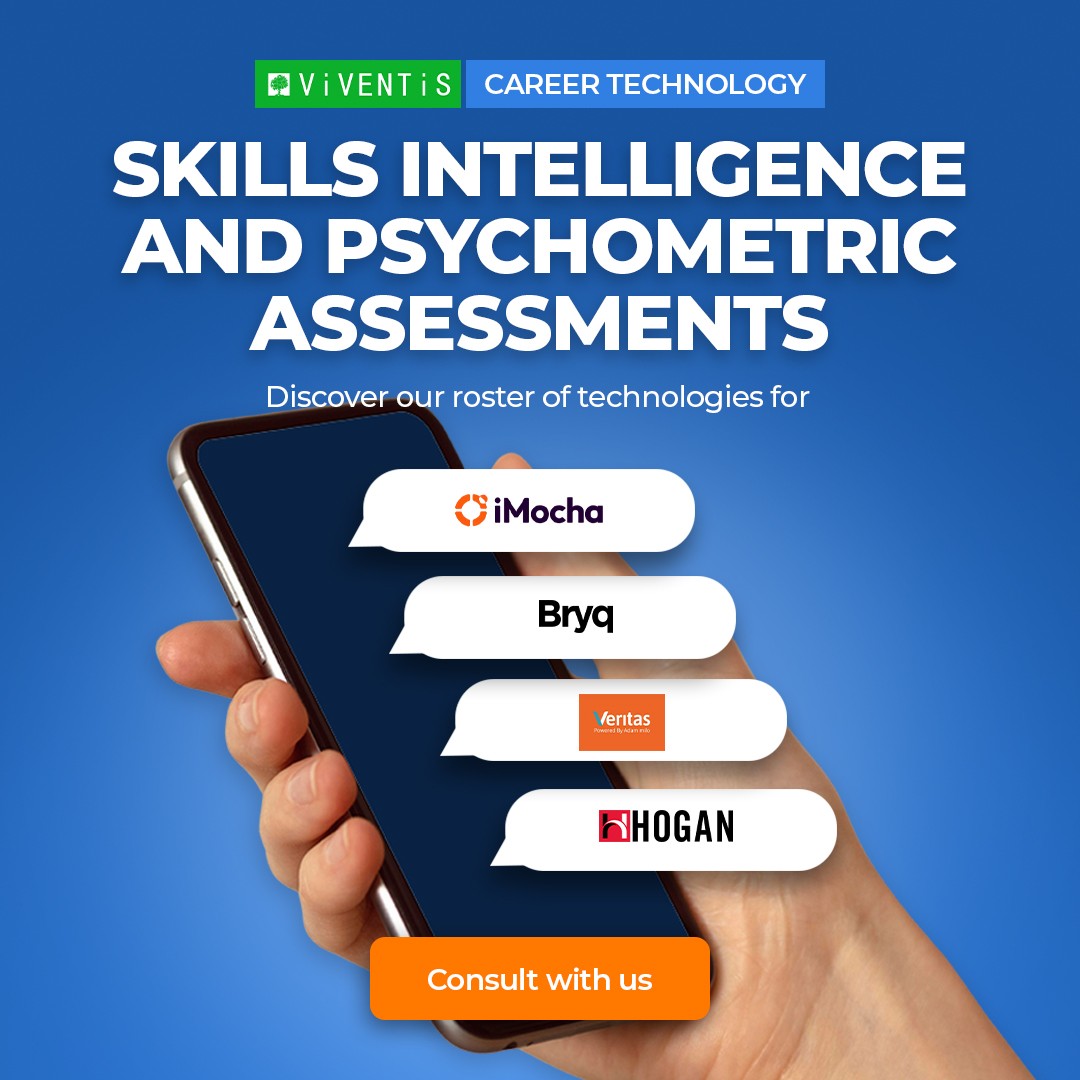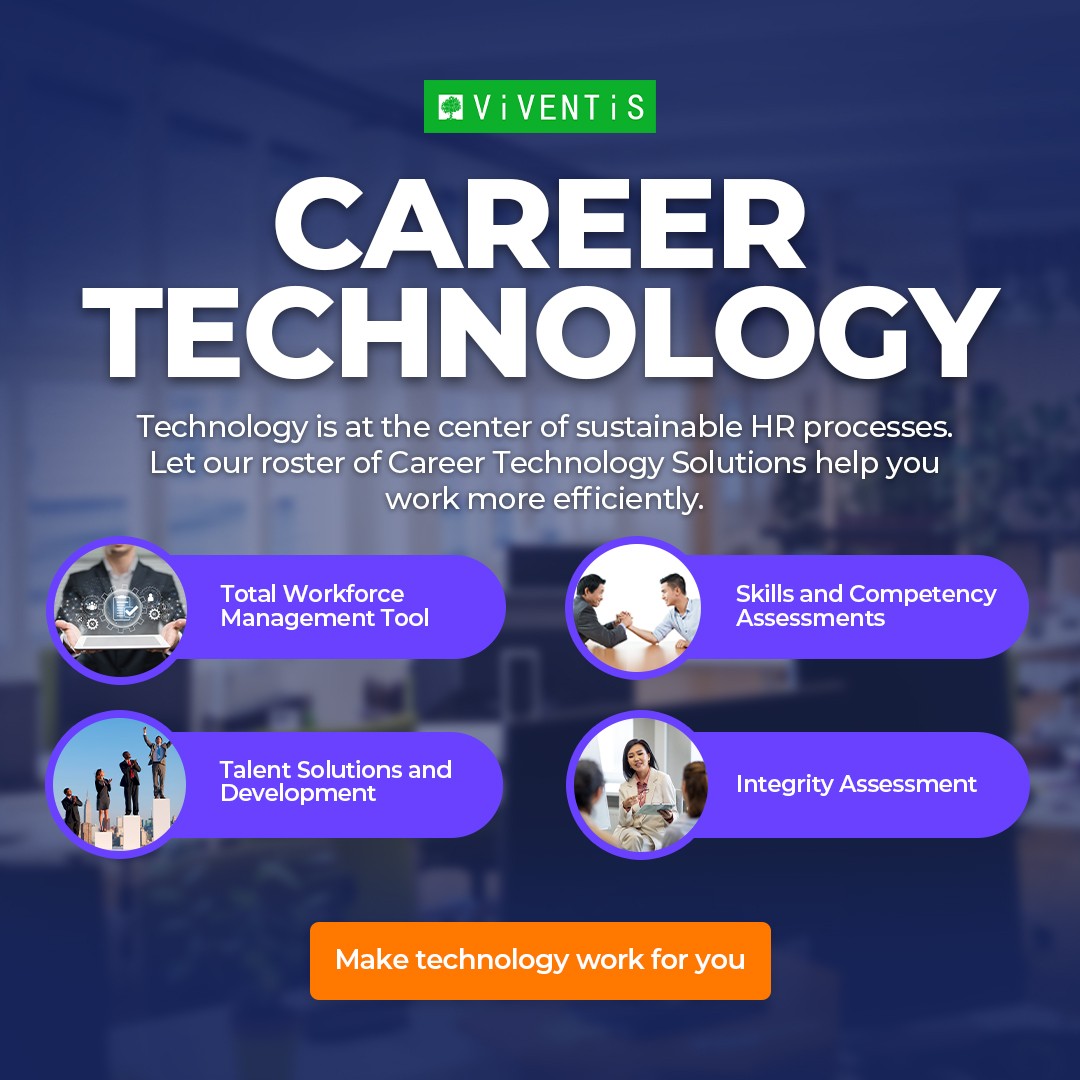As time passes, more and more modern HR tools are emerging with the shared objective of streamlining processes and enhancing productivity. Concurrently, our talent pools are expanding and diversifying as newer generations join the workforce, alongside the growing adoption of workplace flexibility.
And in order to combat the ever-changing current of the business landscape, organizations are proactively seeking strategies to optimize their efficiency while safeguarding the work-life balance of their team members.

In terms of talent sourcing, talent assessment platforms have grown significantly in the modern employment market, as they not only help recruiters save time but also help them find the best candidate for the position they are filling.
What are Talent Assessment Platforms?
A talent assessment platform is software designed to evaluate the skills, knowledge, and abilities of employees and candidates. It utilizes various assessment techniques, such as job simulations, personality tests, and cognitive ability tests, to provide insights into a candidate’s suitability for a role or an employee’s potential for growth within the organization.
The information collected through these assessments can guide choices related to training, hiring, and promotions. Through the utilization of talent assessment platforms, companies can decrease recruitment expenses, enhance retention rates, and refine their talent management approaches.

Different classifications of Talent Assessment Tools
- Psychometric Assessments: These tools measure psychological traits, such as personality, cognitive abilities, and attitudes, providing insights into an individual’s suitability for a role and their potential for success within an organization.
- Skills Testing: Skills assessment tools evaluate specific competencies and abilities required for a job, such as technical skills, language proficiency, or problem-solving capabilities, helping recruiters gauge a candidate’s proficiency and suitability for the role.
- Performance Tracking: Performance assessment tools monitor and evaluate an individual’s job performance over time, tracking key metrics and behaviors to provide feedback on strengths, areas for improvement, and overall effectiveness in their role.
Read How HR Technology Can Shape Today’s Employee Lifecycle
The Importance of Talent Assessments
- Data-Driven Decision Making: Talent assessment tools provide objective data and insights to guide decisions, ensuring they are based on evidence rather than guesswork.
- Enhanced Predictive Validity: These tools accurately assess talents and skills, helping predict how individuals will perform in specific roles, leading to better hiring decisions and reduced turnover.
- Streamlined Recruitment Process: Talent assessment tools efficiently identify the most suitable candidates early on, saving time and resources for both recruiters and applicants by making the hiring process smoother.
- Continuous Improvement: Regular use of talent assessment tools allows organizations to identify areas for improvement in their workforce, enabling targeted training and development initiatives to enhance overall performance over time.
Final Thoughts
Whether for skill assessments or integrity evaluations, having and utilizing workplace assessments is highly beneficial. They empower organizations to harness the full potential of their workforce. Efficient assessments enable you to identify areas where team members excel and where they need improvement, resulting in fostering a culture of continuous career and organizational growth.

Viventis Search Asia’s Career Technology specializes in creating customized HR solutions to support organizations in navigating the modern technological environment through crafting tailored solutions rather than generic approaches and focusing on automating and optimizing the talent lifecycle.
Their offerings and expertise include recruitment automation, integrity assessments, and learning management systems aimed at improving human-centric operations.

